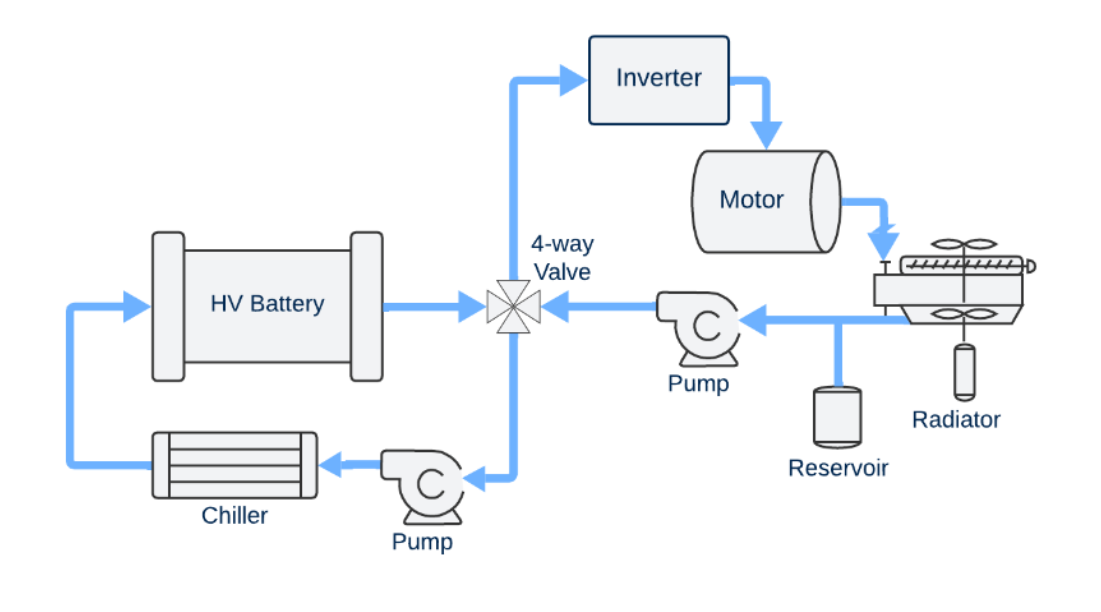Advanced immunotherapies that activate the body’s T cells — powerful defenders of our immune system — have so far delivered disappointing results when used alone against glioblastoma, the deadliest type of brain tumor. This limited success is largely due to the tumor’s resistance and poor response to existing immune-based treatments.
However, a research team from KAIST has unveiled a promising new strategy that could overcome these challenges. By harnessing the power of gut microbes and their metabolic byproducts, the scientists have demonstrated an approach that can significantly improve the effectiveness of immunotherapy for brain tumors. This breakthrough also lays the groundwork for developing microbiome-based supplements to enhance cancer treatments in the future.
On July 1, KAIST (President Kwang Hyung Lee) announced that Professor Heung Kyu Lee and his team from the Department of Biological Sciences have discovered how modifying the gut microbiome can boost the success of glioblastoma immunotherapies. Their research found that as glioblastoma progresses, levels of the amino acid tryptophan in the gut decline sharply, which disrupts the balance of gut bacteria. By supplementing tryptophan, the team restored microbial diversity, which in turn activated specific strains that stimulate CD8 T cells — critical immune cells that seek and destroy cancer cells.
In preclinical studies using a mouse model of glioblastoma, tryptophan supplementation not only enhanced the activation of CD8 T cells but also promoted their infiltration into tumor sites like lymph nodes and the brain. A key player identified in this process is Duncaniella dubosii, a beneficial gut bacterium that helps redistribute T cells throughout the body. When combined with immunotherapy (anti-PD-1 treatment), this bacterial strain led to significantly higher survival rates. Remarkably, even when administered on its own to germ-free mice, the bacterium improved survival by reshaping the gut environment through tryptophan metabolism, which further boosted the cancer-fighting capabilities of CD8 T cells.
This innovative approach offers new hope for tackling even the most stubborn brain tumors that have shown resistance to standard immune checkpoint inhibitors.
“This work highlights the huge potential of gut microbes to transform outcomes for patients with otherwise intractable brain tumors,” said Professor Heung Kyu Lee.
The research, with Dr. Hyeon Cheol Kim as first author, was published online in Cell Reports on June 26. The project was supported by the Ministry of Science and ICT and the National Research Foundation of Korea under the Basic Research Program and the Bio & Medical Technology Development Program.








